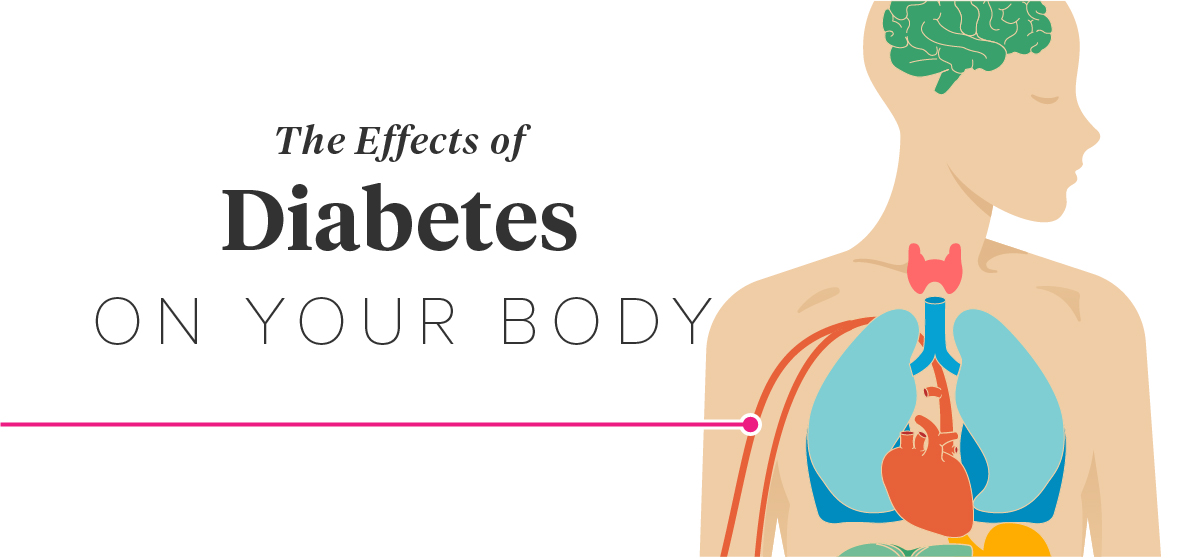The research, the first of its kind, could pave the way for an overhaul in the management of the condition which is linked to obesity and affects almost three million people in the UK.
Most diabetics are advised to eat a balanced diet, including carbohydrates.
However, scientists, who carried out the study on 238 patients, found that restricting carbohydrates and increasing fat led to dramatic improvements.
Half the patients saw their condition reversed after just 10 weeks and were able to reduce or stop taking diabetes drugs.
This is the first time we have seen such a drastic change in such a large group of people outside bariatric [weight loss] surgery
Eighty nine per cent of those in the study, who had been reliant on insulin due to the severity of their disease, were able to dramatically reduce or stop taking it.
Professor Sarah Hallberg, an expert in obesity medicine, who led the study at Indiana University, said: “This is the first time we have seen such a drastic change in such a large group of people outside bariatric [weight loss] surgery.
“It is something we would never previously have known was possible. I was so blown over by the results and we should now think about using this approach as a standard of care as it outperforms current treatment.”

She added: “Diabetes is a state of carbohydrate toxicity. Insulin resistance is a state of carbohydrate intolerance.”Carbohydrate intake is the single biggest factor in blood sugar levels.”
Type 2 diabetes is a serious disorder leading to high blood glucose levels because the body is unable to make proper use of insulin, the hormone which metabolises sugar.
Without insulin, sugar derails the metabolism causing life-threatening conditions such as cancer, heart and liver disease.
Current guidance states there is inconclusive evidence to recommend a specific carbohydrate limit.
Professor Hallberg said this advice needs to be changed because she believes Type 2 can be reversed, in many if not most situations, especially if treated early.

The results of the study, which will be finalised over the next year, have excited experts.Professor David Haslam, chairman of the National Obesity Forum, said: “This study is highly significant and suggests carbohydrates are damaging. We urgently need to conduct more studies to confirm this finding and this I hope will lead to a complete overhaul of the management of Type 2 diabetes.”
The charity Diabetes UK is funding another clinical trial to assess the impact of a low-calorie diet.
The study of 280 patients from 30 GP practices will also assess whether the diet could be delivered through routine NHS care.
The results are due in 2018.





